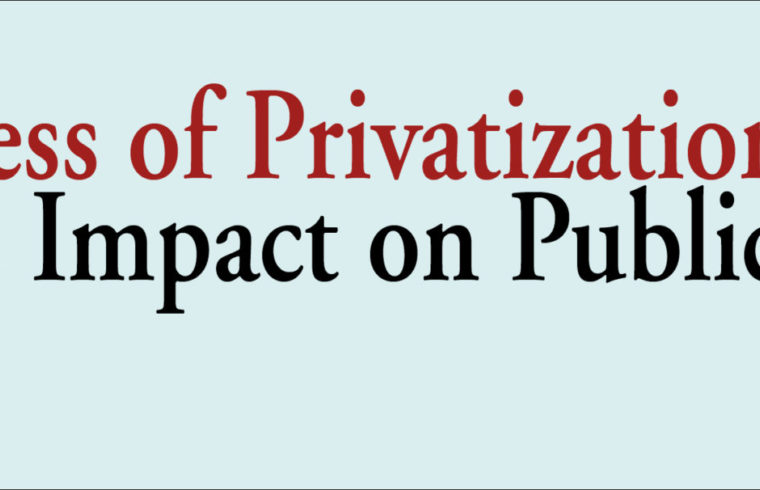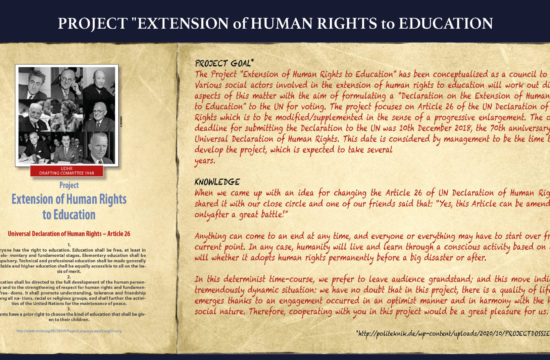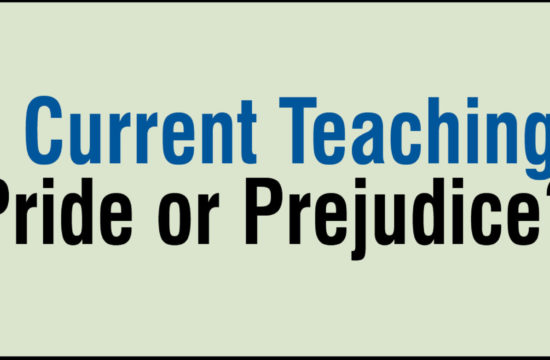2nd prof year, MBBS, Fakir Mohan Medical College and Hospital, Balasore, Odisha – INDIA
Students are considered as the building blocks of the nation and education plays a key role in the nation building process. Attaining quality education is not a luxury for the students. Right to Education is their foremost and basic right and a huge responsibility of the state.
But the horrifying truth that stares at our face is that the government has failed to provide this basic amenity to the students owing to corruption, lack of accountability and competition, poor incentive mechanisms and acute shortage of human resources. This is when privatization paved its way. The need for privatization has risen because all these years of state funded education has made it an almost free service and it has lost its real value where students are concerned. Privatization, by getting back the whole cost of education or a large percentage of it through fees, can significantly improve the quality of education.
PRIVATIZATION OF EDUCATION
Privatization of education refers to the state’s policy of allowing educational institutions, both higher and lower, to be run by non-state or private parties for monetary benefits.
It doesn’t necessarily mean a drastic transfer of ownership of educational services from public to private hands. They do significant changes in the ways how educational services are coordinated, financed and controlled. It means a shift in the control of public resources and changes in the structure through which public money is spent.
IMPACT OF PRIVATIZATION ON PUBLIC EDUCATIO
Undoubtedly privatization has a great impact on public education. On one hand, it has become a gateway to the state of the art educational facilities. On the other hand, it has also reduced the scope of attaining these facilities. As they say, “Every coin has two faces,” in the same way, even privatization of education has its own pros and cons.
ADVANTAGES OF PRIVATIZATION
1. Accessibility The number of educational institutions being set up by private authorities is increasing at a galloping pace. Such institutions can be seen in various localities; Thus making education accessible to those who can afford it.
2. Infrastructure The greatest boon of privatization is that such institutes have state of the art infrastructural facilities to impart education with comfort. All the amenities are provided so as to impart quality, safe and secured environment to the students as well as staff.
3. Advanced teaching Private institutes have well equipped laboratories and continuously come up with innovative ideas to make learning process exciting. Various seminars as well as memorandums and affiliations provide students with the opportunities to explore themselves. The teaching- learning process becomes more resourceful.
4. Competition Private institutes are constantly under the strain of facing competitions from their rivals. They constantly need to be at the top of their game and thus keep adding more amenities.
5. Extracurricular activities
To bring about the holistic development of an individual, these private institutes focus on nurturing the extracurricular talents of the students as well. In this way, they keep uplifting the morale and enthusiasm of the students.
DISADVANTAGES OF PRIVATIZATION
1. Fees Perhaps the greatest argument against establishment of the private educational institutes is the sky high fee structure. A large part of the population is unable to avail these facilities, simply because it is unaffordable. These high prices take a toll on the parents. There are instances where one can find unrestrained and unregulated fee hike by such institutes on various grounds.
2. Discrimination The failure to afford the facilities of these private institutions by a considerably large section of the society creates drift between the resourceful ones who can afford them and those who cannot. Hence the discrimination between the two strata of the society becomes very prominent. Equity is compromised due to privatization of education
and equality without equity is quite impossible.
3.Business oriented Education sector, when taken care by the public sector, becomes the responsibility of the state and is more of social and moral issue. Contrary to this, most of the private educational institutes run by the various entrepreneurs are propelled by business oriented mind set. Some of these institutes can also be labeled as the money minting machines. There primary aim is to be a leading institute in the education sector and to reap desirable profits. There are hardly any private institutes which run with the social motive and sole purpose of providing quality education to one and all.
4. Lack of trained teachers Although these private institutes strive hard to raise the bar of the
bar of the teaching standards yet there is no evaluation to test the ability of the teachers prior to their appointment. On the other hand, teachers appointed in the state run schools have to clear a specific evaluation. Moreover in case of private institutes, influence of the owners and trustees can also interfere with the appointment process. Hence there is no common ground to evaluate the ability of the teachers.
5. Disparity The wide disparity that exists between the standards of public and private institutes indeed creates a lot many psychological issues for the students. Privatization of educational institutes is indeed one of the most debatable topics globally. Though privatization has made considerable contributions and introduced several alternatives in education sector and has succeeded in uplifting the burden of public institutes yet it fails to comply with the Human Rights Regulations. It has raised a need to monitor the schools
on the basis of equality, monetary demands and to maintain human rights regime.
IMPACT OF ON RIGHT TO EDUCATION
Privatization impacts not only the public education; rather it also affects the Right to Education.
The Right to Education has been recognized as a human right to free compulsory primary education for all and an obligation to develop secondary education accessible to all, ideally by
the progressive introduction of free higher education.
Owing to privatization, marginalized groups fail to enjoy the bulk of positive impacts and also bear the disproportionate burden of the negative impacts of privatization. Uncontrolled fees demanded by private providers could undermine universal access to education. Privatization also affects the right to good quality education by every individual and the realization of equal educational opportunities.
CONCLUSION
“Privatization is a bitter pill but it is a pill that will cure.”
-Frederick Chillua
All in all we can say that in order to reap the best benefits of privatization, we need to regulate the fee policy and other regulations of private institutions and keep them under check instead of handing over the unbridled reign to them. Moreover the focus should be on the establishment of such educational institutes where public and private sector provide state of the art facilities in partnership with each other. Let us not forget that availing best educational facilities is the right of every individual and no one should be deprived of this right due to economic constraints.
Children are like the soft mud which needs to be molded with adequate care so as to emerge as resourceful citizens of any nation.
Reference
1. Slideshare-privatization of education
2. Wikipedia-Right to Education











